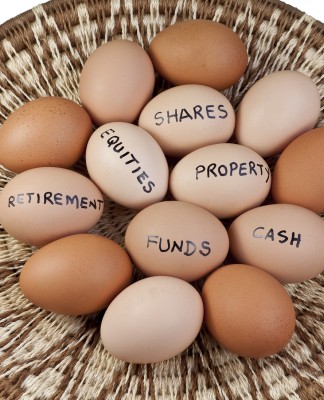Extreme economic conditions usually should worry investors. This is because any major shift in economic indicators will affect the overall investment landscape, sometimes for a few years, sometimes for decades. Most think about inflation, recession, and depression. While these are major triggers, there are other scenarios to consider. One of them is deflation. It’s not as “popular” as the others, but it still is relevant.
“Deflation may, at first glance, seem like a good thing,” explains Richard Cayne of Meyer International. “But if you delve deeper, there are consequences that you’ll want to avoid affecting your portfolio.”
Deflation is the opposite of inflation
Deflation as a concept would seem simple enough. As inflation refers to an economic period when prices rise, the opposite is true of deflation. So, if prices fall during deflation, shouldn’t that be a good thing? Not necessarily.
You need to think about why these prices are falling. In some cases, it may be due to lower demand. This could lead to lower production, which could mean lower wages or higher unemployment. In other cases, people may choose to spend less. First because they can get more (from the lower prices), and second because they want to save more money for when prices go up.
Furthermore, consider the any debts you need to repay. Deflation may mean that the money you’re using to pay back a loan is now worth more than the money you borrowed. And, depending on the type of debt, this may be compounded by governmental response of higher interest rates.
How should you respond to deflation?
Responding to deflation can be tricky since it doesn’t often make headlines in the business section until it’s well and truly happening. One strategy is to focus on fixed income investments or sectors covering staples (groceries, utilities, etc.). Another is to look to investing in foreign markets that may not be as affected by this turn or that may capitalise through cheap exports.
This is another reason why a well-diversified portfolio is key. Even if you don’t follow the markets every day or hour, you can still regularly review your investments with a trusted advisor to ensure your portfolio can handle any economic uncertainties.















